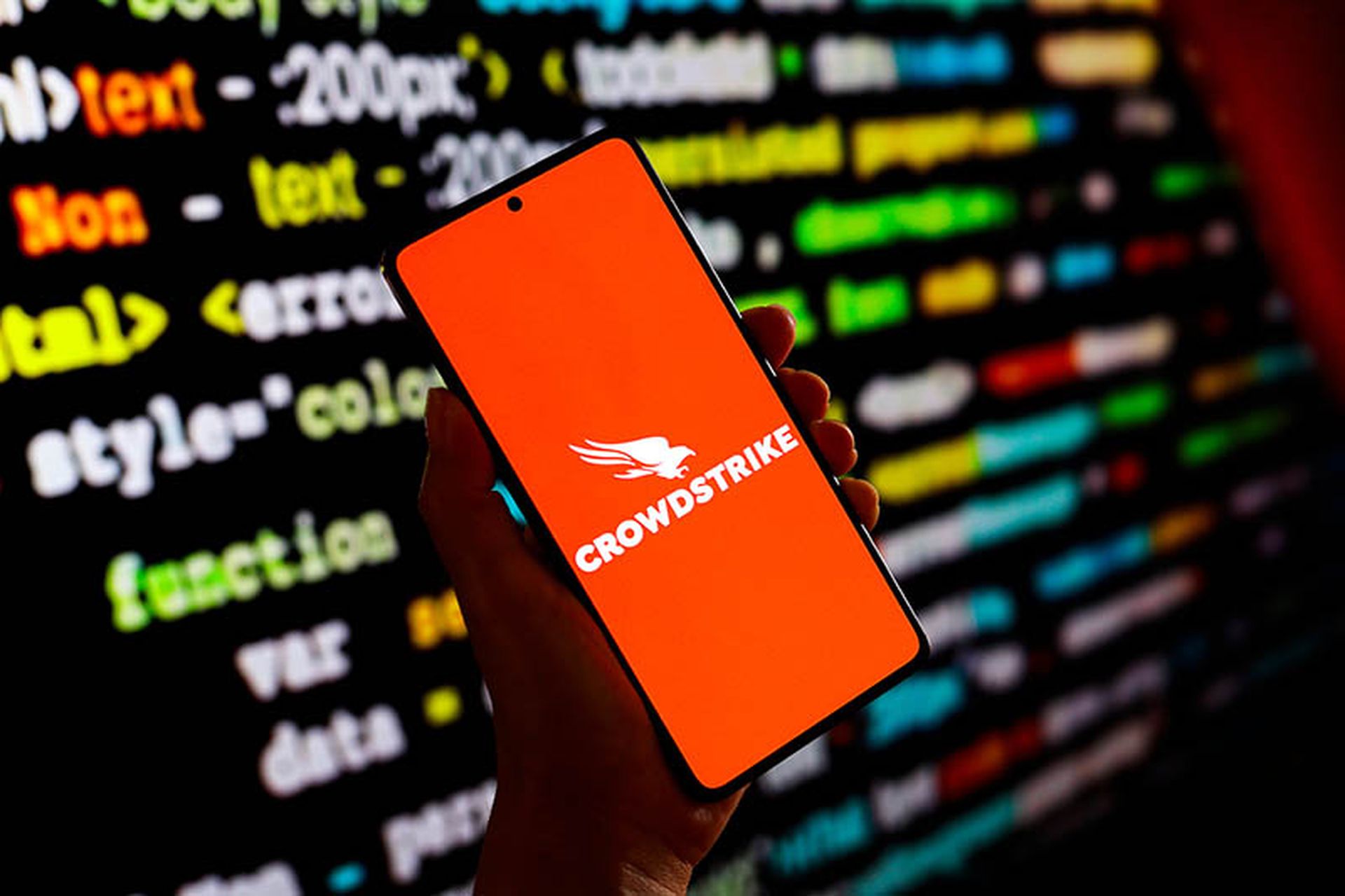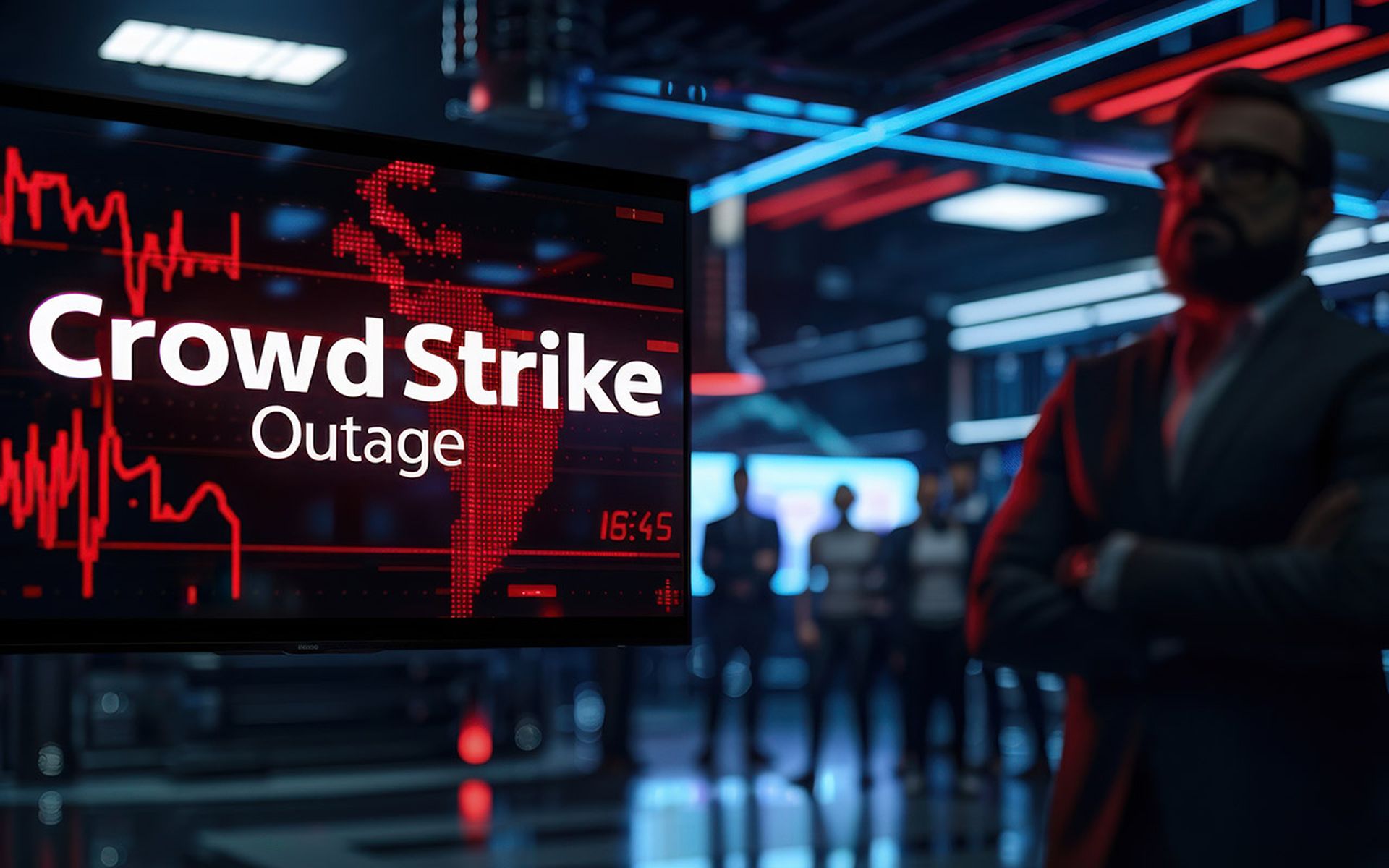The computational world of the 21st century will require a particular new skill set from workers – and innovators, business recruiters and IT professionals would do well to take notice. "Future Work Skills 2020," a study by the Institute for the Future for Apollo Research Institute, identified the massive increase in data in our increasingly computerized world as a key driver that will reshape the workplace landscape and demand new skills from employees.
“Big Data” not only presents a challenge to security systems, but also enables new possibilities for modeling social systems, kindling development and designing optimal outcomes. But, such a data-driven world requires new skills to work in this environment.
Firms and security departments must upgrade their recruiting efforts to find and attract workers with this emerging skill set, exemplified by the four below, while retooling their training programs to properly equip their current workforce.
One of the qualities identified by the Apollo Research Institute study, “computational thinking,” is the ability to translate vast amounts of data into abstract concepts and to understand data-based reasoning. Workers will increase their value by acquiring more sophisticated abilities in statistical analysis, quantitative reasoning and expertise in using modeling and simulations. At the same time, they will need to temper this “wonkiness” with a clear understanding that models can simulate reality, but don't recreate it. The ability to act in the absence of data is also important.
| “To help teams strike innovative sparks, firms will need to do more than simply bring people of various disciplines together.” – Tracey Wilen-Daugenti |
Apollo Research Institute identified another emerging work skill, “transdisciplinarity”, to define literacy in and ability to understand concepts across multiple fields of study. Because the complexity of many postmodern world problems calls for input from more than one discipline, transdisciplinarity will transcend the specialization of the 20th century. The ideal worker has been described as “T-shaped,” that is, having depth in at least one specialization, but also a breadth of understanding across a range of specialties. To help teams strike innovative sparks, firms will need to do more than simply bring people of various disciplines together. They must identify people who have real-world skills and knowledge from seemingly disparate areas.
“Design mindset” is the ability to represent and develop tasks and work processes for desired outcomes. This skill has clear implications for workplace design. As neurobiologist Fred Gage argued, “Change the environment, change the brain, change the behavior.” Workstations, room design and corporate campuses can be designed to enhance workers' cognition and creativity. Workers with a design mindset will have much to offer to organizations as they create security-promoting environments and processes that also advance the firm's goals.
Finally, the future work skill of “cognitive load management” is the ability to discriminate and filter information for importance, and to understand how to maximize cognitive functioning using a variety of tools and techniques. Undoubtedly, Big Data can mean cognitive overload. The most valuable workers will be able to rank, tag or add other metadata to content to permit the most valuable information to stand out amid the noise. Massive data collection has the potential to increase security, but only if professionals are able to see the forest for the trees.
As threats to networks become increasingly sophisticated and masquerade more successfully amid a rising tide of data, IT professionals will require new tools and even guidance from nontraditional branches of knowledge these attacks. Armed with these four skill sets, workers and companies can meet the challenge of an increasingly data-driven world.
Tracey Wilen-Daugenti is vice president, managing director at the Apollo Research Institute, and a visiting scholar at Stanford University's Media X Program.



